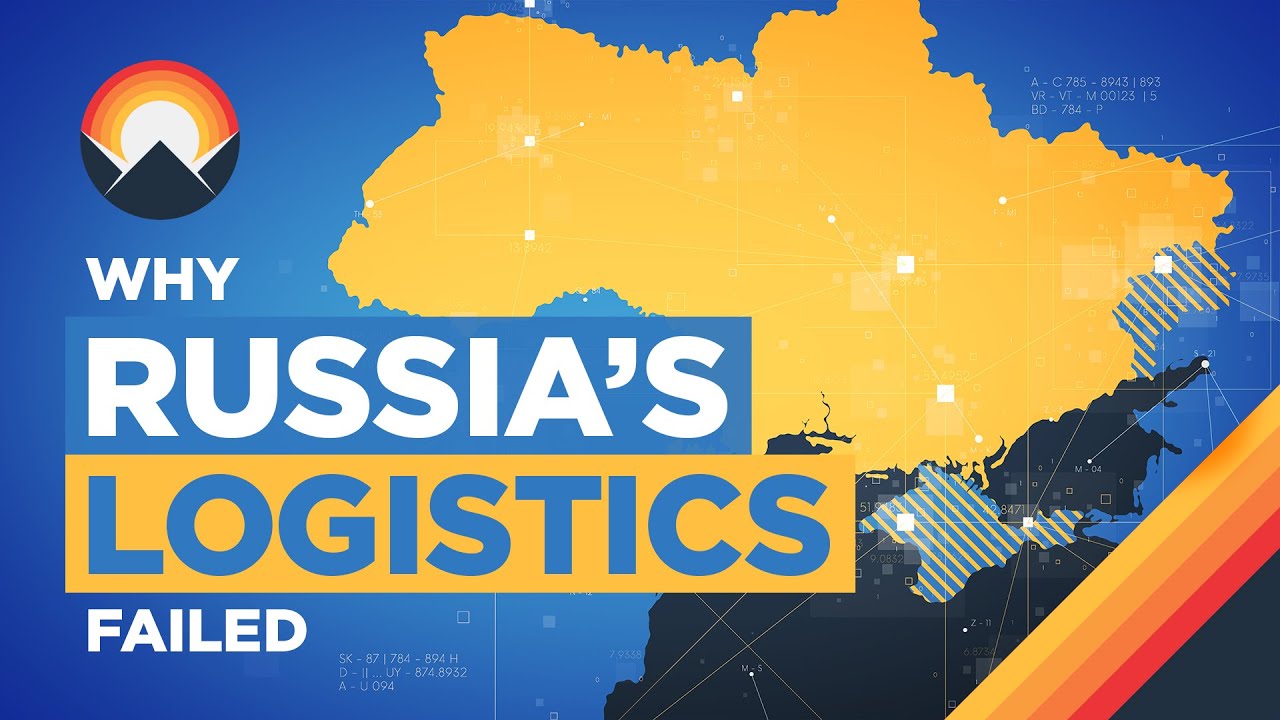The Failed Logistics Of Russia's Invasion Of Ukraine
Unleash Your Creative Genius with MuseMind: Your AI-Powered Content Creation Copilot. Try now! 🚀
In the early hours of February 24th, 2022, Vladimir Putin announced a "special military operation" in Ukraine, marking the beginning of a full-scale Russian invasion. However, this was not an impulsive decision. The conflict had been brewing for years, with Russia steadily increasing its military presence along Ukraine's borders since the annexation of Crimea in 2014. From reestablishing military bases to amassing combat units within striking distance of Ukraine, the stage was set for a dramatic escalation.
The Unfolding of Invasion: Early Struggles and Tactics
As the Russian forces pushed into Ukraine, they encountered fierce resistance and logistical challenges. The initial strategy was to swiftly capture key territories and install a puppet government, but the reality was far from their expectations. Russian tanks ran out of fuel, troops resorted to looting for supplies, and the military infrastructure appeared disorganized and disconnected. The Ukrainian defense, on the other hand, targeted Russian logistics, recognizing the critical role of supply lines in warfare.
The Achilles Heel: Russian Military Logistics
The invasion of Ukraine exposed a critical weak point in the Russian military—logistics. While Russia boasts a vast railway network and domestic mobilization capability, its logistics difficulties became evident as the conflict prolonged. The reliance on a push-based resupply system and shortages of essential resources hindered the Russian forces' effectiveness. The struggle to sustain a prolonged conflict revealed the inherent limitations in the Russian military's logistical capabilities.
The Human Cost and the Future of Conflict
As the conflict unfolded, the true cost of war became increasingly apparent. The innocent casualties, displaced civilians, and devastating impact on both sides highlighted the grim reality of armed conflict. Despite the early struggles, the Russian military's desperation led to increasingly destructive tactics, further escalating the human cost of the conflict. The invasion of Ukraine not only exposed the logistical vulnerabilities of the Russian military but also raised critical questions about the future of warfare and international conflict resolution.
In the wake of these events, the world witnessed the profound impact of war and the urgent need for unbiased, in-depth coverage of such complex topics. While platforms like YouTube face limitations in addressing sensitive subjects, independent creators have sought alternative avenues to share valuable content. Nebula, a creator-owned streaming site, offers a platform free from commercial constraints, enabling creators to produce informative and engaging content without compromise. By supporting independent creators through platforms like Nebula and CuriosityStream, audiences can access a diverse range of high-quality, ad-free content while empowering creators to explore critical subjects that shape our world.

Related Recaps
- Conan Adopted The “Evil Puppy” From “Late Night” (Feat. Laurie Kilmartin) | Inside Conan
- White House says killing of 2 Americans in Mexico is ‘unacceptable’
- First Time Hearing Sidhu Moose Wala The Last Ride Reaction - HE KNEW HIS LIFE WAS IN DANGER 😔 R.I.P.
- 2023 NFL Draft: Reaction & analysis to Rounds 2-3
- COMO GANHAR TUDO NO APOSTADO - CEROL AO VIVO